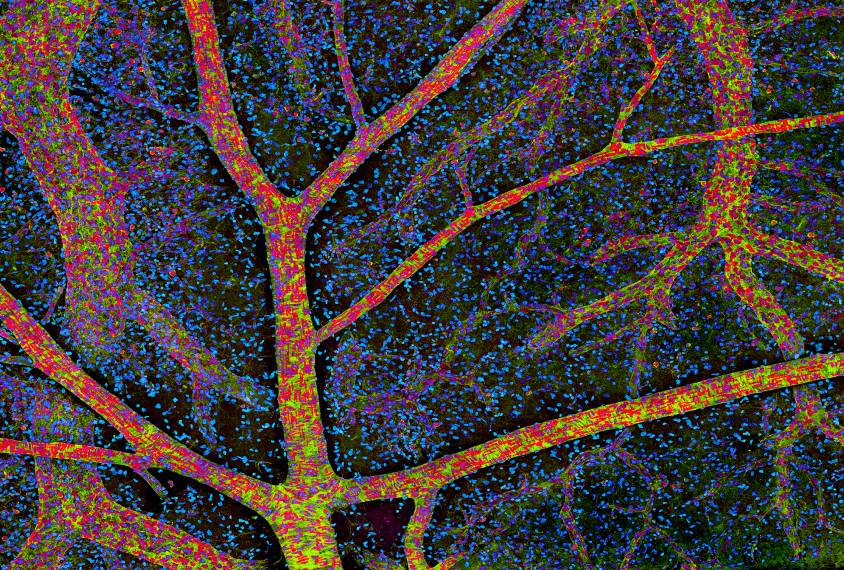Khara Ramos is director of the Neuroethics Program, and health scientist administrator in the Office of Scientific Liaison, at the National Institute of Neurological Disorders and Stroke.

Khara Ramos
Director, Neuroethics Program
National Institute of Neurological Disorders and Stroke
From this contributor
U.S. initiative grapples with ethical questions on brain research
Khara Ramos explains how the Brain Initiative incorporates the emerging field of ‘neuroethics’ into the research it funds.

U.S. initiative grapples with ethical questions on brain research
Explore more from The Transmitter
Lack of reviewers threatens robustness of neuroscience literature
Simple math suggests that small groups of scientists can significantly bias peer review.

Lack of reviewers threatens robustness of neuroscience literature
Simple math suggests that small groups of scientists can significantly bias peer review.
Dendrites help neuroscientists see the forest for the trees
Dendritic arbors provide just the right scale to study how individual neurons reciprocally interact with their broader circuitry—and are our best bet to bridge cellular and systems neuroscience.

Dendrites help neuroscientists see the forest for the trees
Dendritic arbors provide just the right scale to study how individual neurons reciprocally interact with their broader circuitry—and are our best bet to bridge cellular and systems neuroscience.
Two primate centers drop ‘primate’ from their name
The Washington and Tulane National Biomedical Research Centers—formerly called National Primate Research Centers—say they made the change to better reflect the breadth of research performed at the centers.

Two primate centers drop ‘primate’ from their name
The Washington and Tulane National Biomedical Research Centers—formerly called National Primate Research Centers—say they made the change to better reflect the breadth of research performed at the centers.